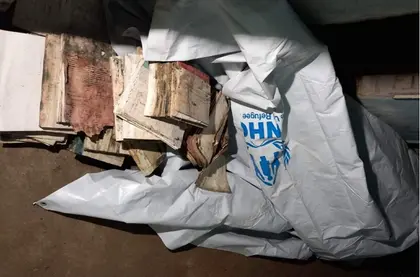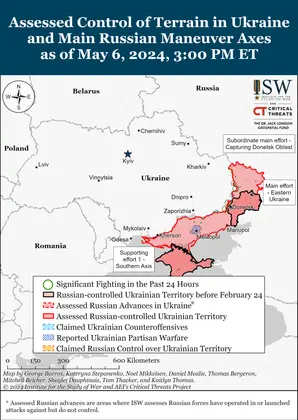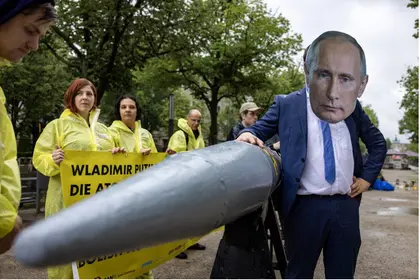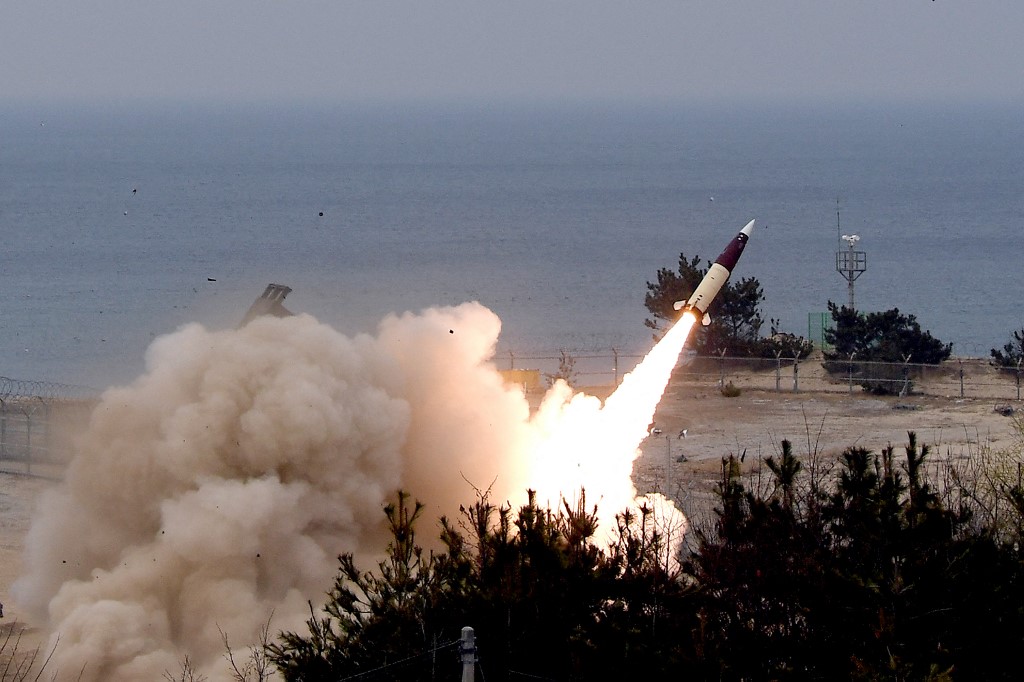A Nov. 30 report by UNESCO identified 331 historically or culturally significant buildings, including 29 museums, 13 libraries and 1 archive, that had been destroyed by Russian military action in Ukraine.
An earlier report in June by The Arolsen Archives gave a needs assessment of how to save what remains.
The Arolsen Archives is a project funded by the Germany-based International Center on Nazi Persecution to preserve and publish evidence of Nazi persecution.
It had identified that prior to Russia’s 2022 full-scale invasion much of the relevant data within the Ukrainian archives, which runs into millions of paper documents, was at risk. This was due to a combination of unqualified and unmotivated staff, a lack of funding, and significant shortages of tools and bureaucratic obstacles.
The Arolsen Archives investigation found at least five sites housing archives had been damaged in Chernihiv, Mykolaiv, Kherson city, Velyka Oleksandrivka and Vysokopillya in the Kherson region. The building in Vysokopillya had been mined and booby-trapped, and was currently impossible to enter.
In addition, it appears that not only have artillery and missile attacks been launched against these important buildings, but the Russian military has been actively destroying or removing huge numbers of historical documents from the state archives.
This included evidence of Nazi war crimes, committed during the 1941-1944 occupation of Ukraine, such as the theft of Ukrainian cultural property, Holocaust crimes, the forced transfer of Ukrainian “Ostarbeiters,” and documents relating to the actions of Soviet authorities during the post-World War II period.

Rheinmetall Boss Says Ukraine Could Get Artillery Rounds with 100KM Range if Berlin Books Orders
The report says that more than 50 percent of the documents from the Kherson state archive had been looted, and since it was liberated much of what remains has been moved other buildings. At present there are too few specialists, with a lack of material and resources, to reorganize or preserve the remnants.
In 2022, prior to the full-scale invasion, a number of German archives-related services such as the State Federal Archives, the “Volksbund Deutsche Kriegsgräberfürsorge” (German War Graves Commission) and the Berlin-Karlshorst Museum provided digitization equipment, while the UK National Archive offered to store the digital record as they were produced.
There is a fear that a large number of historical documents still held in damaged buildings may be lost forever this winter as snow, rain and lack of heating causes further damage. Not only have the Russian troops destroyed and removed documents, they have also stolen the technical equipment that was provided by Germany to digitize and preserve documents.
“Russia uses the erasure of historical memory as a weapon,” Florian Azoulay, director of the Arolsen Archives, said. “Against this background, we consider it our responsibility to help preserve the funds.”
You can also highlight the text and press Ctrl + Enter







Comments (0)